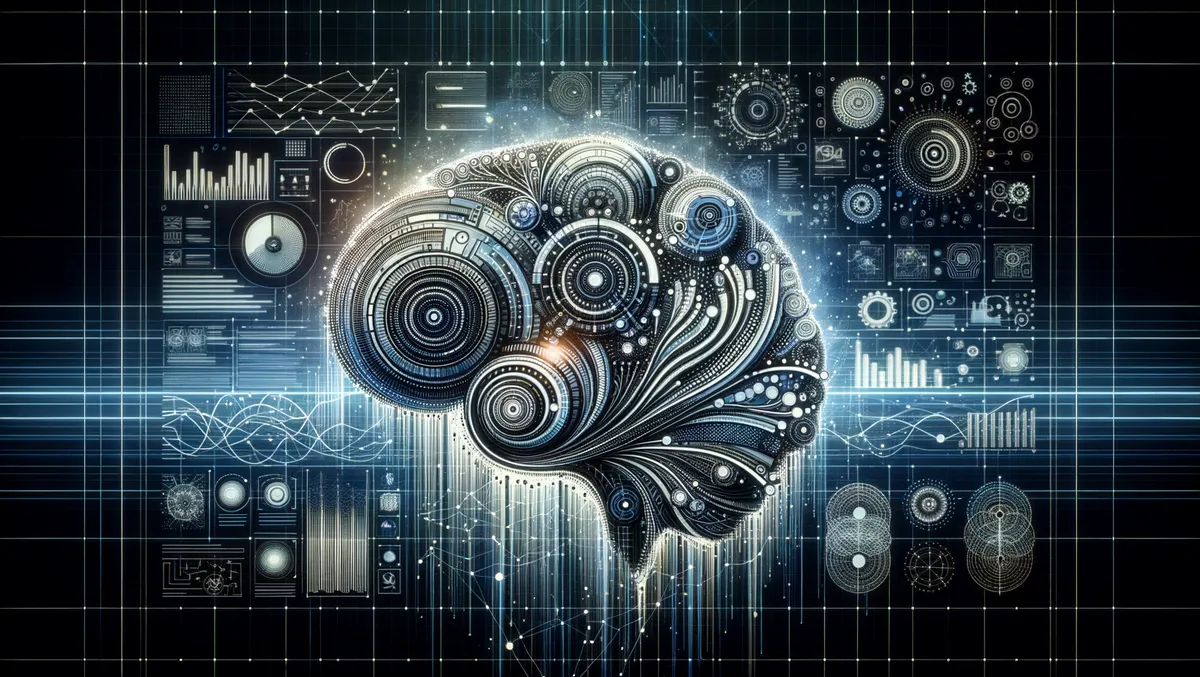
Harnessing AI-Powered Business Intelligence for smarter marketing
When we talk about the framework that steers decisions within a business, business intelligence (BI) is the compass that every company needs. Yet, the collection and interpretation of data have long been a challenge, especially as the velocity and volume of information have skyrocketed. Traditional BI can be sluggish, often reactive rather than proactive, forcing marketers to get bogged down in figures without extracting actionable insights. However, we're experiencing a paradigm shift thanks to AI-powered tools that are transforming how we harness data for strategic planning. This transformation has revealed insights and opportunities that seemed unfathomable just a decade ago.
AI is a pragmatic tool reshaping our approach to BI. AI and its algorithms provide a way to delve into the colossal amounts of data businesses collect and transform it into something digestible and, more importantly, usable. The relevance it bears for BI is astounding; machine learning algorithms can uncover patterns and predict trends, while natural language processing allows for easier data querying and interpretation. At our company, we've seen first-hand how AI not only augments BI technologies but fundamentally overhauls them. Think of it as giving data a voice and a predictive power that was once pure science fiction.
The practicalities of blending AI into BI are hard to ignore. For one, data processing speeds swell to match the urgency of modern commerce, enabling real-time analysis and response. There's a newfound efficiency that cannot be matched by manual efforts, and this is key not just for cost-saving but also for timeliness in decision-making. In terms of accuracy, AI algorithms are continuously learning, where the more data they process, the more precise they become, reducing the room for error and the risk of misguided judgments.
These tools transcend traditional reporting by providing companies foresight with predictive analytics to help make informed decisions not just for immediate crises but also for long-term strategies. The allure of result-oriented insights is irresistible. It provides the confidence to steer the company's ship amidst the turbulent waters of market unpredictability.
The impact of AI-driven BI is also palpable in marketing, a domain perennially hungry for deeper insights into consumer behaviour. Sophisticated AI models can sift through demographic data, purchasing patterns, and social media trends to paint a clear portrait of consumer sentiment and potential actions. This is invaluable for crafting targeted campaigns and personalizing the customer experience, key elements of modern marketing success. To be specific, AI's ability to capture a brand's voice by shifting through internal collaterals.
Moreover, AI's role in facilitating cross-team collaboration can't be overstated. It breaks silos by syncing disparate data sources and offering a single source of truth that all departments can tap into. The marketing team, for instance, becomes seamlessly integrated with sales, product development, and customer service, ensuring that every cog in the machine is moving in unison towards shared goals.
I've also seen a lot of data scientists and digital marketing teams working together, which was not the case a year ago. After the introduction of AI, data science teams are now coming into the picture for running digital marketing campaigns, where they're proactively building custom AI models based on accumulated data that can rapidly be deployed by marketers.
AI is not just redefining business intelligence; it's supercharging it. It's taking a system that was always meant to inform and turning it into an engine of insight that powers every decision, from the boardroom to the customer support desk. The future of business intelligence isn't just informed by data; it's shaped by the intelligent, AI-powered interpretation of that data. It is smarter, faster, and more insightful than we ever imagined possible.

